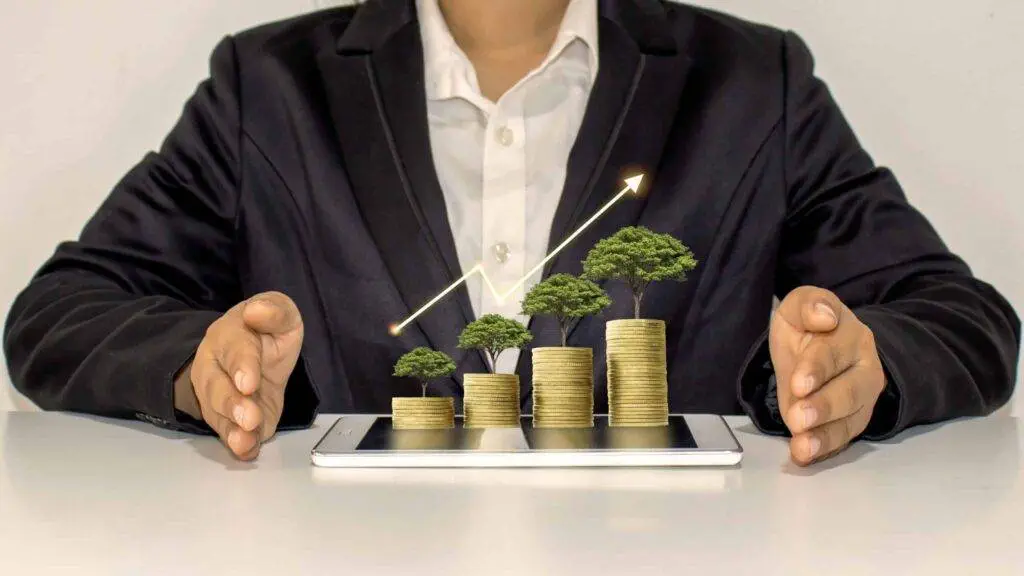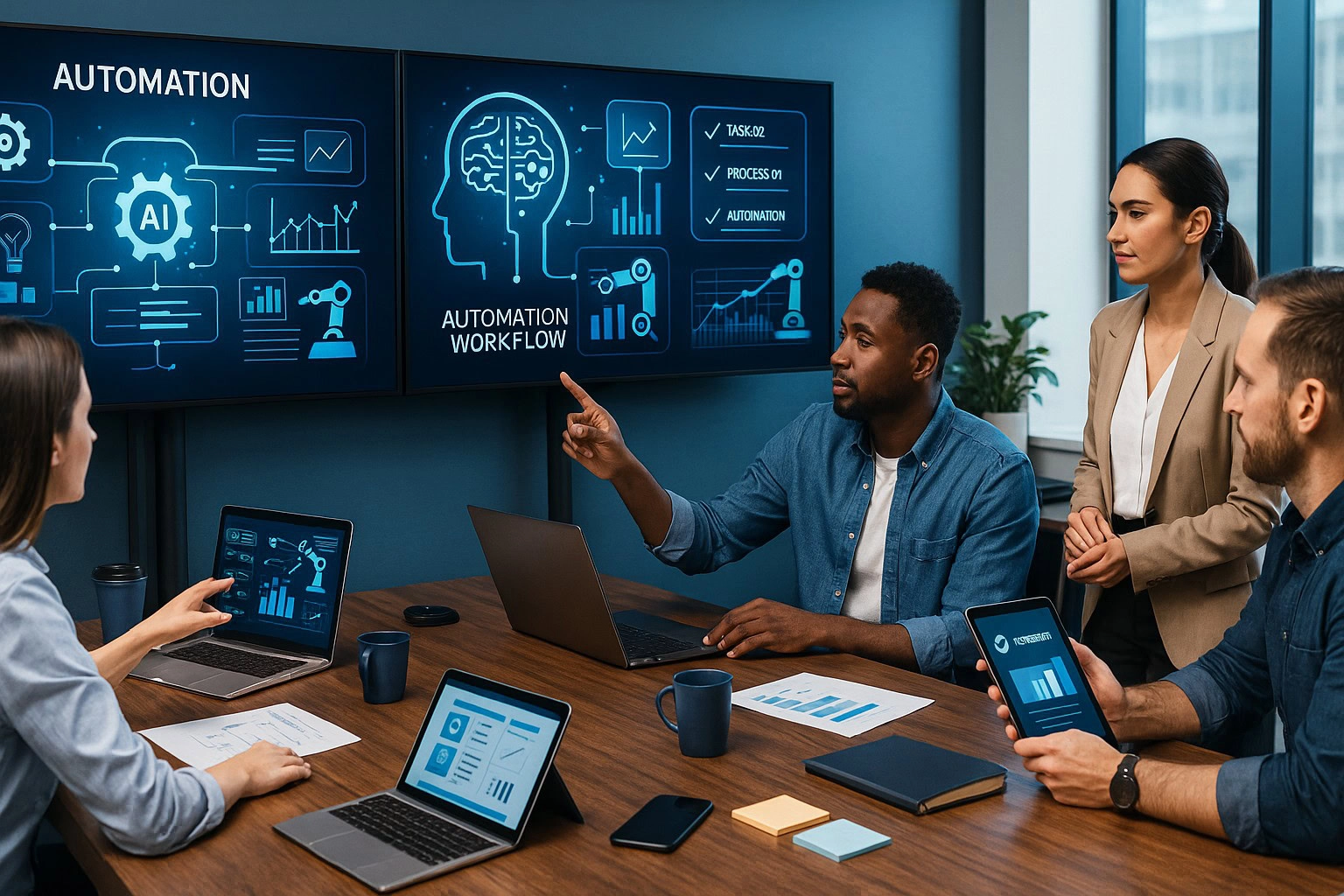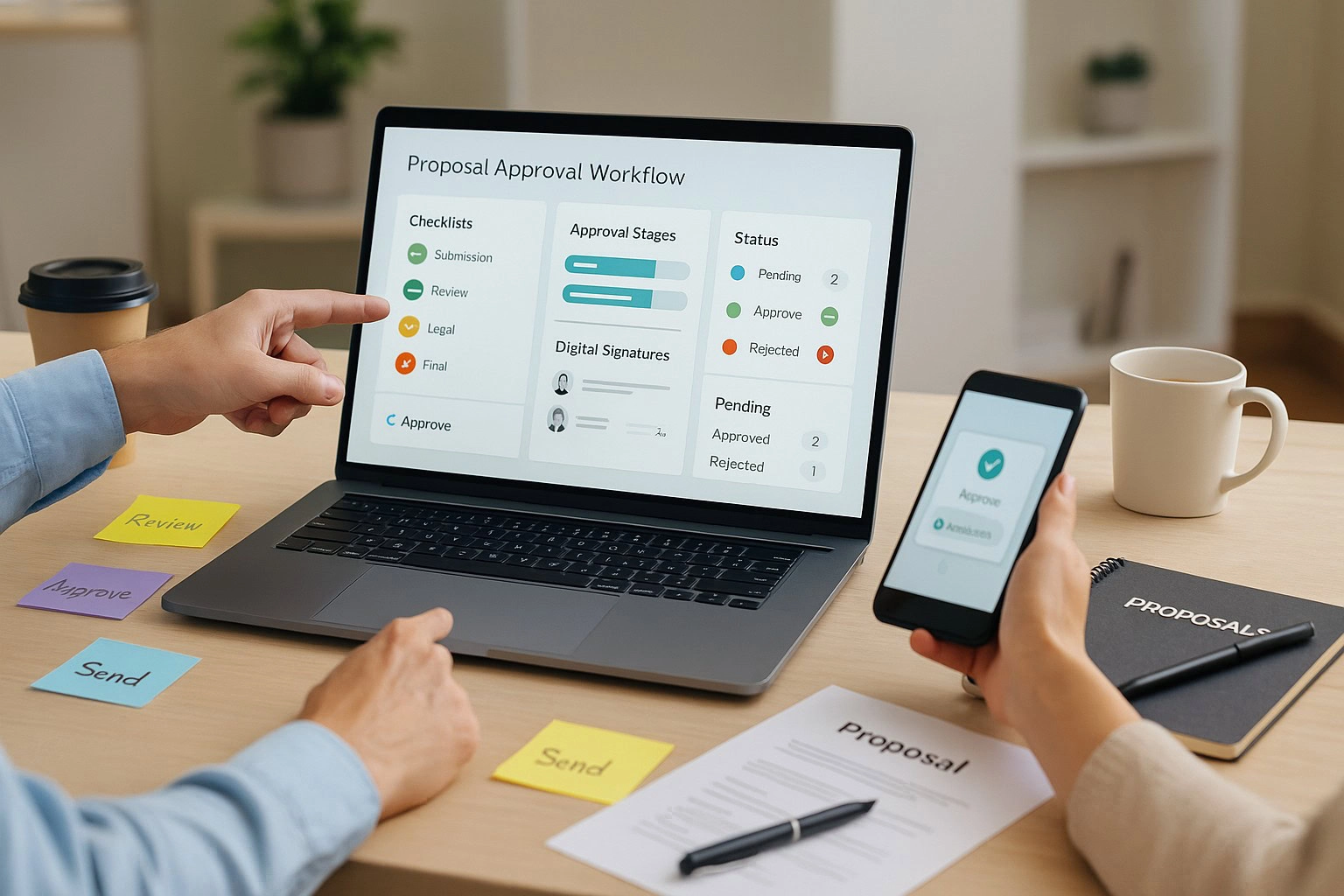Facts you need to know about virtual currencies
Cryptocurrencies, also called virtual currencies, are accepted worldwide for international payments over the internet, as well as for investments. They are not issued by central banks or tied to commercial bank accounts, there are no fees for transactions, so international payments are easier and cheaper because cryptocurrencies are not tied to any country or subject to regulation.
In this way, anyone with an Internet connection can become part of this financial system without using a standard banking network. Such systems are almost resistant to inflation and less dependent on countries’ monetary policies. On the other hand, there are also many dangers and uncertainties that arise from the nature of cryptocurrencies.
Cryptocurrencies are electronic records of certain values that are stored in electronic wallets on websites that offer such a service. Bitcoin, like other cryptocurrencies, is obtained by solving complex mathematical equations on computers around the world (known as mining) and can otherwise be purchased from ATMs or exchanges on the Internet. It is stored in an electronic wallet on one of the many websites that accept Bitcoin. 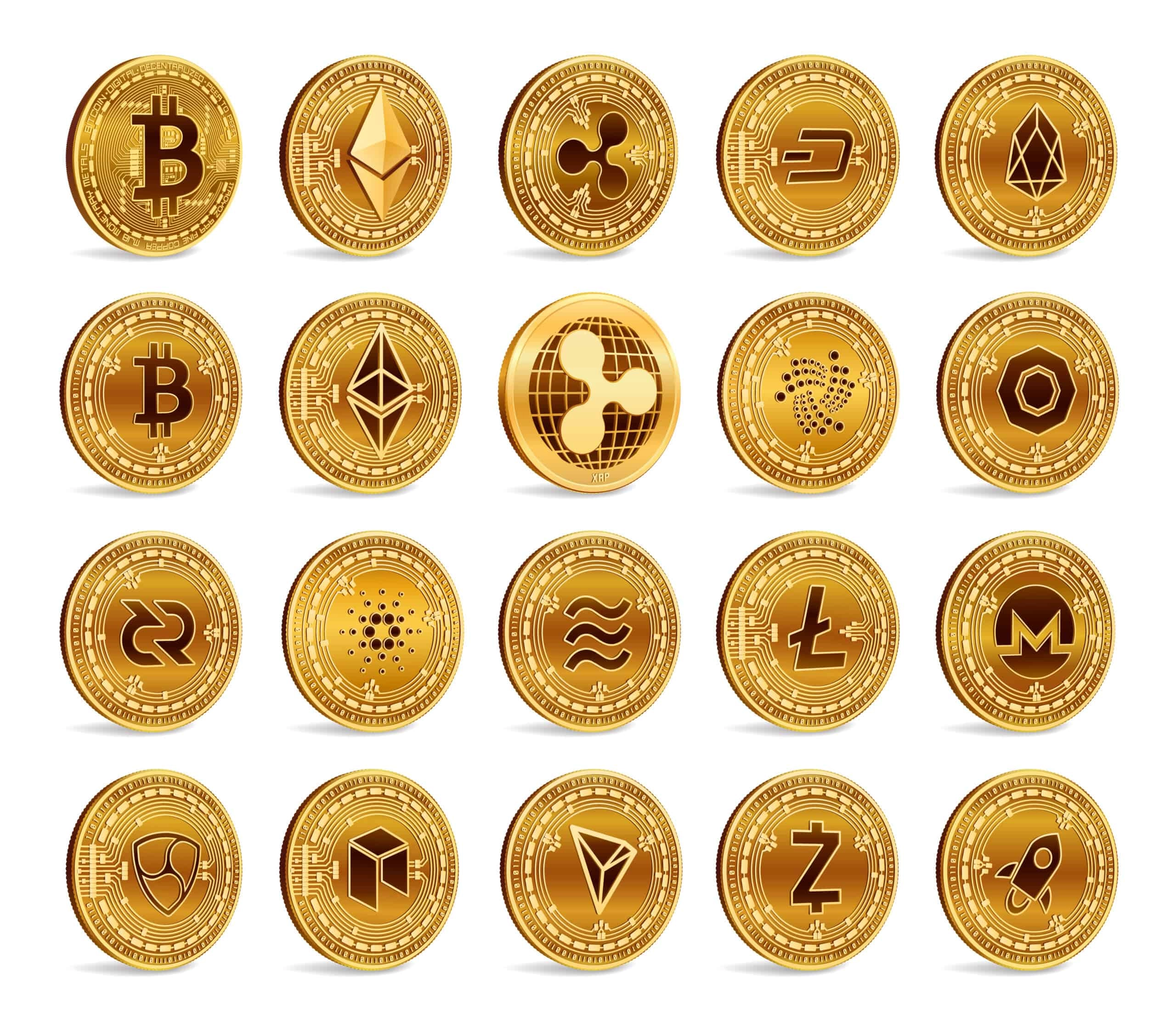
Some people buy Bitcoin and other cryptocurrencies like Ethereum, Litecoin, and Zcasha as an investment, hoping their value will increase. But you should know that Bitcoin and cryptocurrencies trade in very volatile markets and you should avoid them as a primary investment. For comparison, bitcoin was worth $200 in 2013, $19,000 at the end of 2017, and you could get around $6,440 for it at the exchange in mid-October 2018.
The average person does not understand what virtual currencies are, but nevertheless, interest in Bitcoin and other types is growing, mainly because of the belief in the possibility of quick earnings.
Some facts on Cryptocurrencies
The main danger with this virtual money system is that there is no protection for consumers or users of the system, as there is no guarantee or address that a person can turn to if they notice irregularities or the violation of their rights.
1. Cryptocurrency is not electronic money as defined in the Law on Electronic Money, nor is it a payment service under the Law on Payments.
It is therefore necessary to enter this system with caution as there are individuals who take advantage of people who know little about this subject. Due to the lack of inter-mediation by banks and other financial institutions, as well as the government, some individuals use digital currencies for illegal purposes.
2. Business entities that issue and trade these types of products are not licensed by national banks.
3. Money invested in cryptocurrencies is not protected by the deposit insurance system, and if you choose to invest in this form, you bear the full risk of losing the investment.
Be smart with online finance and your online budget management
We live in an increasingly mobile world where Wi-Fi is available almost anywhere, anytime. Today’s banking technology can help us with our personal finances more than ever before.Mobile and internet banking utilize modern technology to the fullest.
Today, you can perform almost any transaction on your mobile device 24/7. Checking account balances, paying bills, tracking your spending, finding the nearest ATM, transferring money – you can do it all in the palm of your hand. This all makes online budget management easy and quick to do.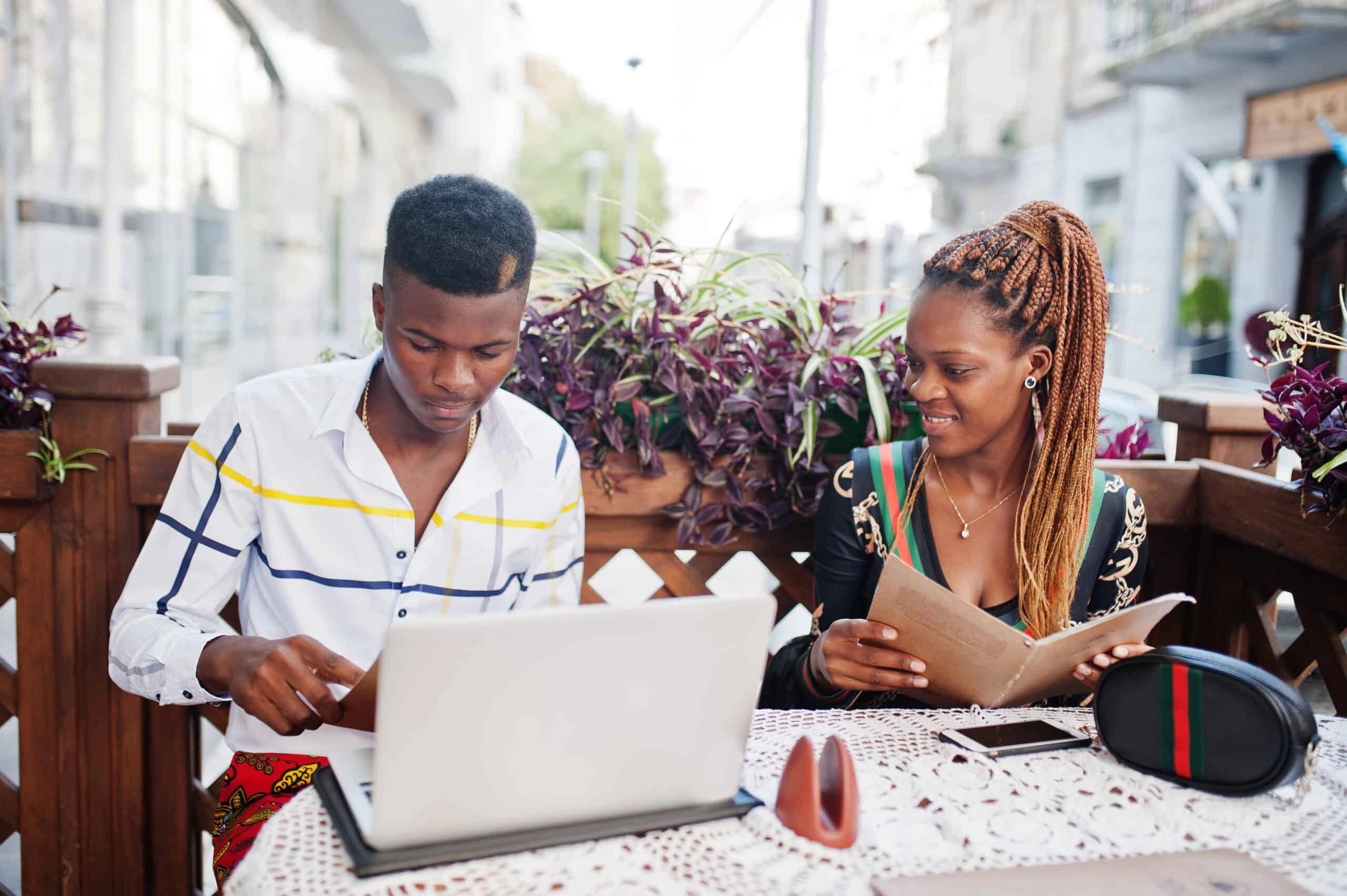
So you can manage your money wherever and whenever you want, and all you need is a smartphone or PC and an internet connection. This convenience is important when you’re on vacation, hibernating, or taking another trip. Even when you’re abroad, you participate in domestic payments without paying additional, high fees (which you would pay if you weren’t an internet banking user).
If you have several different bank accounts, you can easily transfer money from account to account for free. Plus, most banks offer their own mobile apps tailored to their individual features and services, so consumers can choose the one that suits them best.
According to research, mobile banking users save 6 hours and 9 minutes a year
They don’t wait in line at the bank and 20 hours and 9 minutes at the counter. In total, that’s 26 hours and 18 minutes a year, which is more than a day you can certainly put to better use.
You also save money because the cost of paying bills is much higher at the branch than online. Plus, by constantly checking your account balance, you can react in a timely manner to unplanned expenses that could lead to a loss, for example, and avoid potential charges.
According to the data, the average smartphone user checks their cell phone 85 times a day, and half of them stay on their cell phone for less than 30 seconds
But how often do you check your balance in the m-banking app? There are many benefits to doing so (there are many more than you might think), and here are some reasons why you should check your balance whenever you check email or reply to messages and are also helpful with your online budget management.
Five tips that will help with online budget management
1. You know how much money you have on hand
Whenever you check your phone to see what’s new, check your account balance. Let it become your daily routine that will change the way you think about the money you earn and influence your consumption decisions. For example, if you check your account balance every day and see it approaching zero as you come across great seasonal discounts on clothing items you like, you’ll be less likely to buy some of them – since you think about your money every day and know it would put you in the red.
One of the main benefits of checking your account balance regularly is that you know how your finances are doing at all times. The state of your account and your spending habits are key to your financial health.
Neglecting these activities, as with physical health, brings major problems. Whether your account balance is good or bad, it’s important to know how to react in time to reach your goal. If your account balance is good, you can focus on keeping it that way, and if it’s bad, you can make a plan to fix it.
2. Track your spending
By tracking your account balance, you can see how certain behaviors are affecting your money. By linking this to your account balance, you can change your behavior more easily and quickly in real time, and you won’t do it when it’s already too late.
3. Notice mistakes and illegal actions
There can sometimes be a mistake in account management or when withdrawing money from a ATM. By constantly monitoring your account, you can spot such situations and react quickly.
Just as with unauthorized withdrawals from your account, such as data theft – such online transactions don’t have to be large – if you don’t monitor them regularly, you could miss them.
4. Reduce costs
Using another bank’s ATMs sometimes seems unavoidable, and even though you know you’re paying a fee to another bank, you justify the expense by the complications that would arise from going to another ATM.
Of course, such expenses will not ruin you financially, but if you are prone to them, you need to foresee them in your budget and be aware of how frequent they are!
5. Save regularly
Frequently checking your accounts and being aware of the relationship between income and expenditure allows you to transfer any excess money to a savings account or another account you don’t use every day – you are hiding the money from yourself. This strengthens your discipline and self-control, which are the most common enemies of saving!
Remember, our InvoiceCrowd team is here to help you with your business finances
